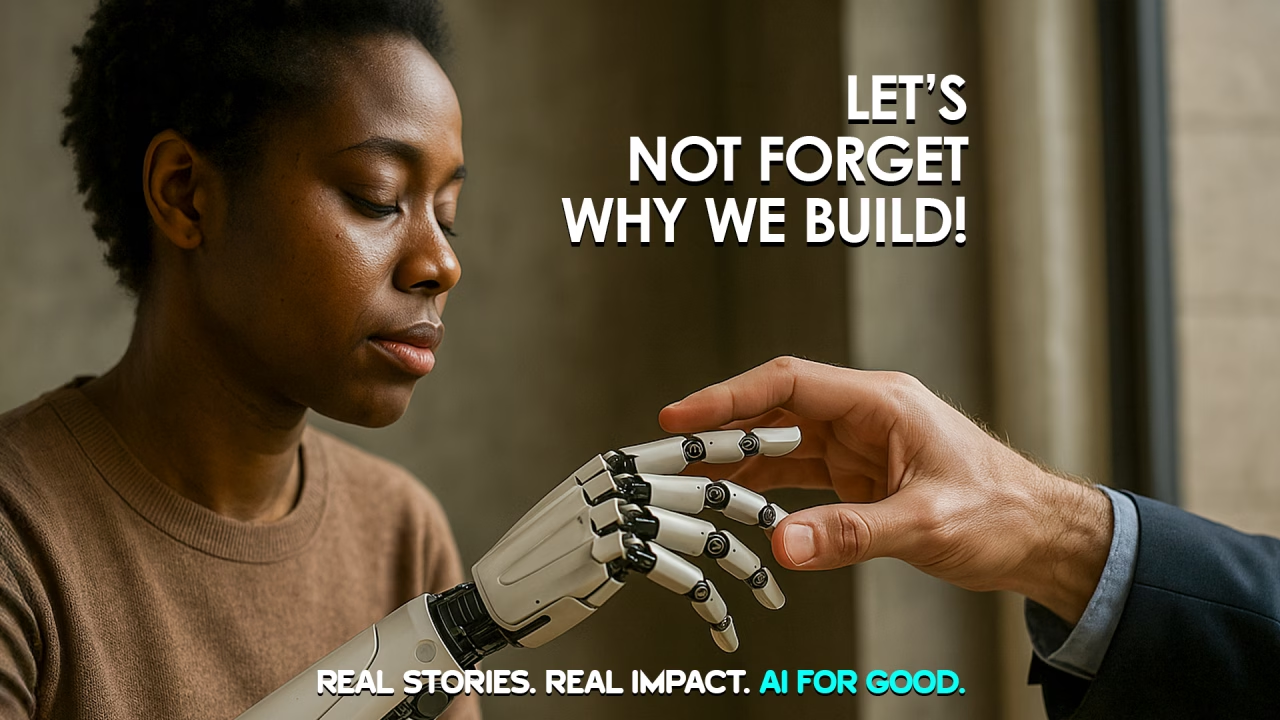OpenAI’s ChatGPT has hit an incredible milestone with 1 billion users. This isn’t just a technological achievement. It places ChatGPT in the same league as the internet when it comes to scale. Some might argue it’s even bigger.
Why is this so impressive? OpenAI’s CEO, Sam Altman, mentioned at TED that the usage of ChatGPT doubled within weeks. That’s astonishing. But, what truly caught my attention wasn’t just these numbers.
It was something much more meaningful—the stories.
The Heartwarming Stories of AI
What made me take a deeper interest in AI were the real stories about how people were using it in human and helpful ways. These stories aren’t about numbers or flashy features. They are about small but significant changes AI brings to lives.
Here are ten stories that have stuck with me. They are why I see AI as more than just a tool. It can do quiet, impactful good.
1. Providing ICU Support in India
In some overwhelmed hospitals in India, there are too few beds and doctors. AI stepped in to help prioritize patients. It wasn’t taking over roles but assisting in saving lives. In one instance, AI flagged early signs of patient deterioration that staff missed. A nurse mentioned, “That alert bought us precious time.”
2. Translation Tools in Minnesota
In Minnesota, a small state office used GPT to help people who don’t speak English access public services. One line of code allowed a Somali mother to apply for healthcare benefits by herself, without waiting for a translator. This isn’t just technology—it’s dignity.
3. Preserving the Icelandic Language
Icelanders used GPT-4 to help keep their language alive in the digital world. Volunteers worked through thousands of phrases, feeling like they were passing down stories to a new generation. There wasn’t any press release. It was about preserving culture.
4. Enhancing Vision Accessibility
Some individuals who are blind shared that they finally felt they could explore websites on their own. The tool described charts, navigation, and even emotional tones. One user expressed, “It’s like having eyes that care about what I’m looking for.”
5. Health Information Made Easier
Doctors are using GPT to explain medical terms in plain language. This reduces confusion and fear. A patient said they finally understood what “chronic” meant and felt less lost.
6. Fairer Clinical Trials
AI is helping include previously underrepresented communities in clinical trials. It matched patients fairly and made trials more diverse. A doctor noted, “We’re seeing people get options they never knew existed.”
7. Assisting Oncologists in Cancer Treatment
AI doesn’t make treatment decisions, but it helps oncologists by prompting them to ask another question. This pause can be pivotal. An oncologist shared, “It didn’t replace my judgment. It sharpened it.”
8. AI Tutoring in Brazilian Schools
Some students in Brazil lacked support at home. Teachers now have AI tools to reach them. A teacher observed a quiet student who began arriving early just to interact with the AI.
9. Reducing Travel Anxiety
AI helped a traveler manage their anxiety by providing step-by-step guidance. It wasn’t judgmental, just steadily supportive. They said, “It felt like someone was quietly looking out for me.”
The Quiet Power of AI
These stories are not just use cases. They are moments of human connection. Since hearing these narratives, I’ve started using AI in my work quietly and effectively. It’s behind the scenes, reducing friction and making things kinder, even if unnoticed.
Yes, 1 billion users is a monumental number. But for me, the real power of AI lies in these small, human victories as we move into the future.
Conclusion: Keeping Heart in Tech
The business metrics and milestones are significant. But at the core of AI is its heart—the ability to quietly make a difference in lives. As we continue this journey, let’s hold on to these stories. They remind us why we strive to harness technology with care and kindness.
Read more about these inspiring AI stories on the OpenAI website.
